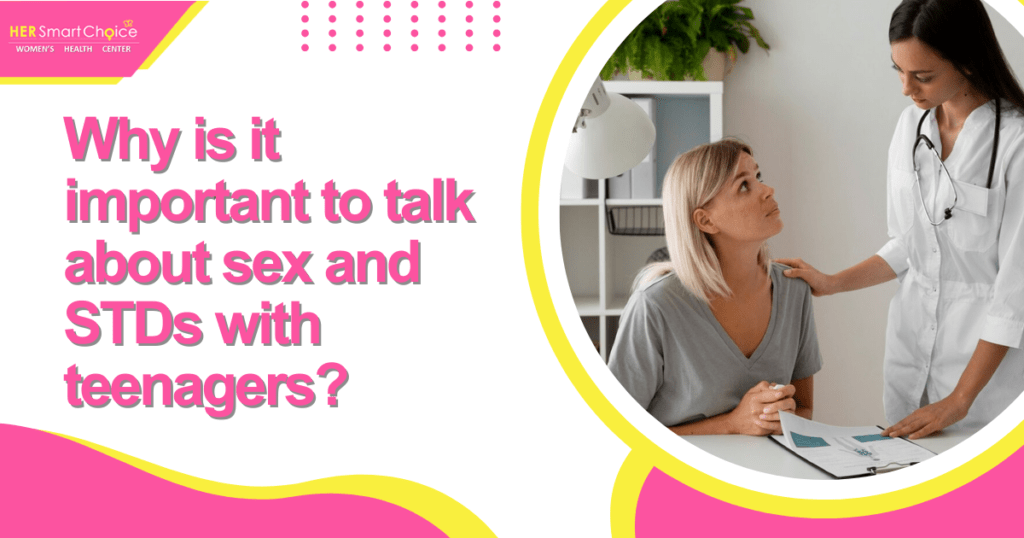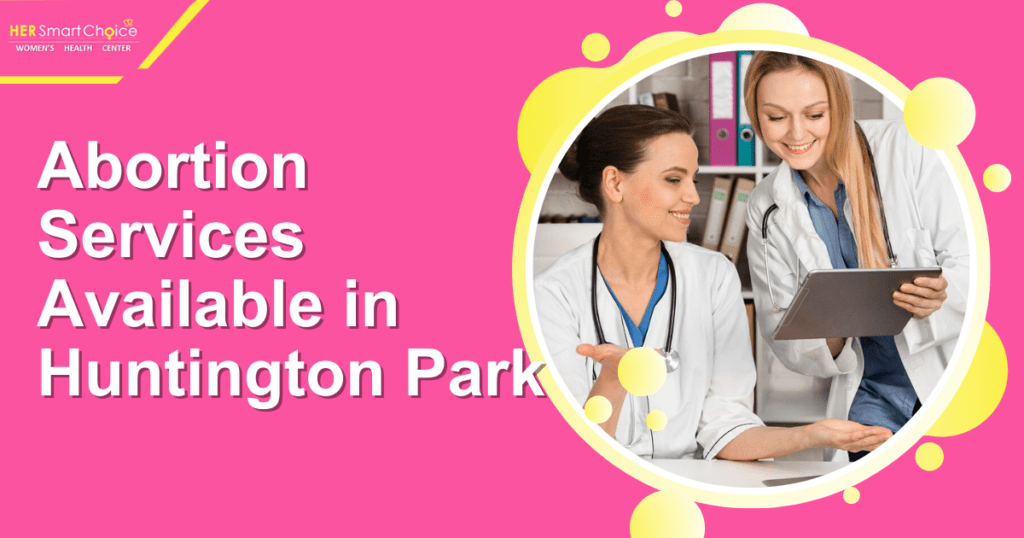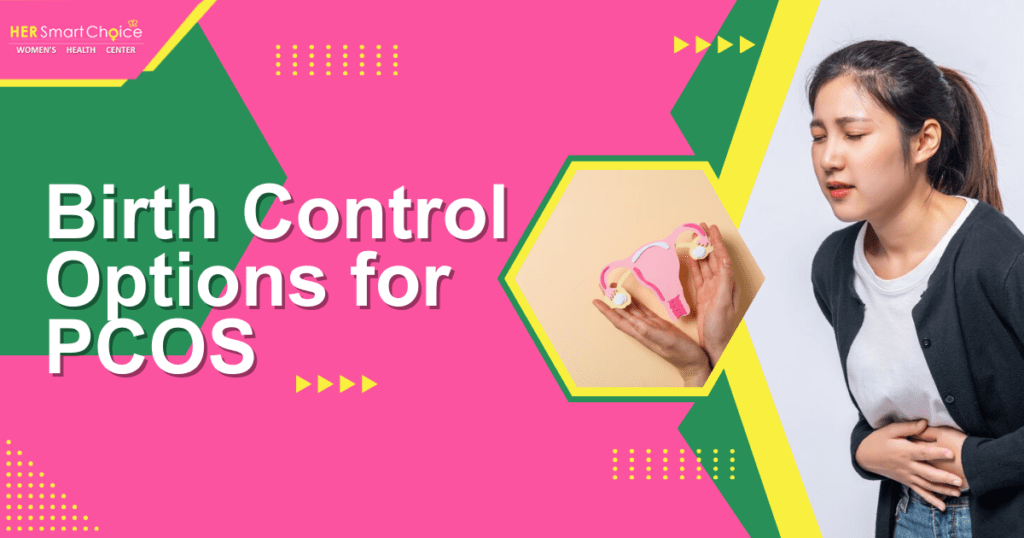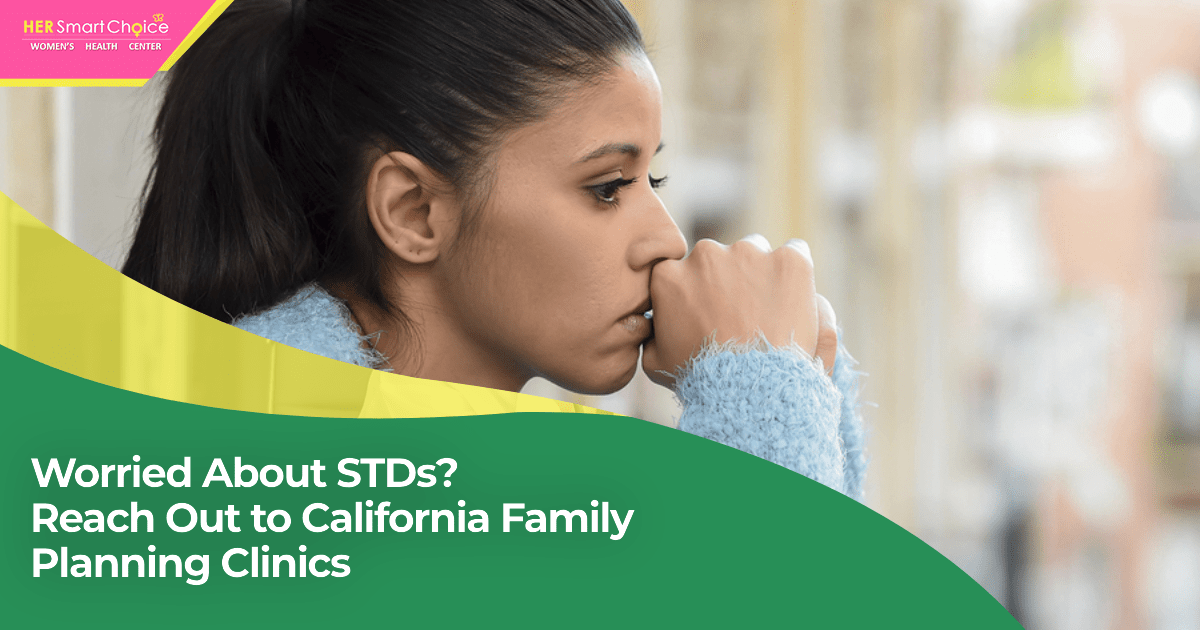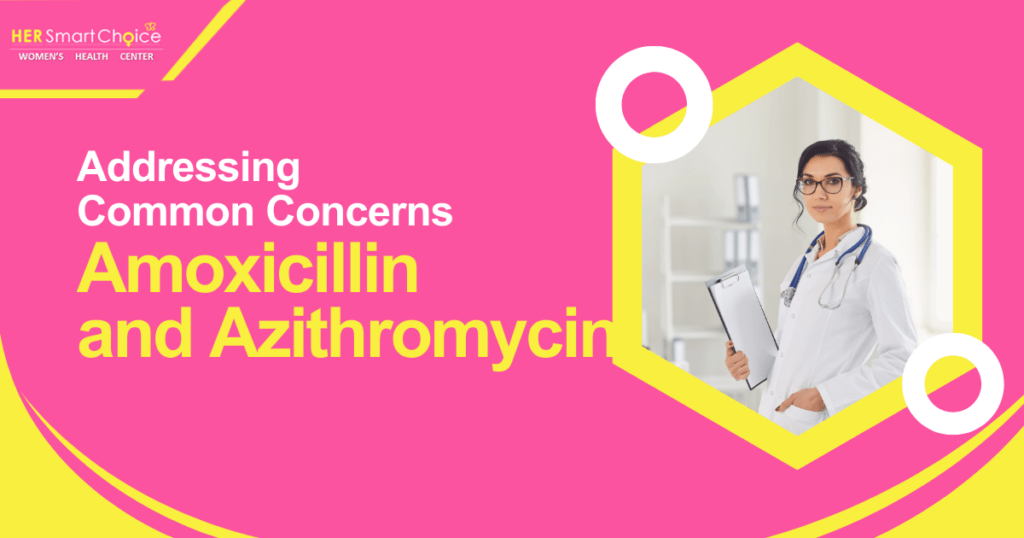Guidance on How Late You Can Get an Abortion in Your Area
Can a safe decision be made late in pregnancy? Questions such as this have been asked by many who seek clear and secure options. The timeline for making an abortion decision, state regulations on abortion timing, and financial considerations are addressed. Practical solutions are provided for those struggling with everyday concerns about abortion access. Steps to regain confidence in personal choices are outlined, offering an easy-to-follow guide for informed decision-making about pain.
Key Takeaways
- State laws affect abortion timing and methods available
- Licensed ob/gyns provide personalized legal and medical advice
- Early consultations help ensure treatment aligns with legal limits
- Clear guidance simplifies processing required documentation
- Patients receive support for decision making and stress management
Understand the Timeline for Making an Abortion Decision

The discussion highlights the variations in state laws and gestational limits that influence abortion decisions. It examines both medical and surgical options, considers the impact of health factors, and discusses how personal circumstances can affect timing. Additionally, it explains when to seek professional guidance from licensed Ob/GYNs and offers practical insights to support informed choices regarding abortion access and the use of misoprostol.
Recognize the Differences in State Laws Regarding Timing
State laws regarding abortion timing vary significantly across regions, which can affect the decision-making process. Licensed Ob/GYNs at the clinic explain that the legal framework, along with gestational limits, plays a role in determining the available medical and surgical options:
- Variations in gestational limits by state
- Differences in medical versus surgical procedure regulations
- Impact of unique state guidelines on decision timelines
Legal differences often create challenges for women seeking services, making it important to consult with experienced professionals early. The clinic provides clear, reliable guidance to ensure women understand the legal context affecting their treatment choices, promoting safe and informed decisions regarding abortion law and birth control.
Identify the Gestational Limits for Abortion Procedures
Medical professionals note that each state sets its own gestational limits for abortion procedures, directly influencing the decision-making period for patients. Understanding these legally defined time frames helps guide women in planning and seeking services early:
- State-specific gestational restrictions
- Differences in procedure regulations
- The impact of health considerations on timeline decisions
Licensed Ob/GYNs provide tailored consultations to ensure women receive accurate information regarding gestational boundaries, emphasizing the importance of early engagement with care providers. This precise guidance aids in making sure that treatment choices align with legal and clinical parameters, including the management of complications such as bleeding.
Learn About Medical Versus Surgical Abortion Options Available
Licensed Ob/GYNs clearly explain that medical abortion involves using medications to terminate the pregnancy, while a surgical abortion requires a procedure performed by healthcare professionals. xThese experts note that the timing of the decision can influence which option is appropriate, and they emphasize the importance of early consultation to ensure a safe, tailored treatment plan.
Professional care providers observe that medical methods often suit earlier stages, whereas surgical options become more common later in gestation. They offer personalized guidance so women understand their choices, ensuring treatment aligns with both medical advice and applicable legal timelines, including medication ectopic pregnancy.
Discover the Impact of Health Factors on Timing Decisions
Licensed Ob/GYNs have observed that specific health concerns can directly influence the timing of an abortion decision. Medical conditions and risk factors are essential in determining whether a medical or surgical method is most appropriate, making early consultations vital for safe treatment planning. In particular, the risk of vaginal bleeding is crucial to address during these consultations.
Health factors such as chronic conditions or emerging complications can shift the recommended timeline for abortion services. Expert practitioners provide clear advice, ensuring that each woman’s treatment plan is aligned with her unique situation and the legal framework in her state.
Assess the Role of Personal Circumstances in Timing
Women’s personal circumstances play a critical role in deciding the appropriate timeline for abortion services at the clinic. Licensed Ob/GYNs advise that individual life situations such as family responsibilities and work schedules are considered during consultations to create safe, personalized pregnancy treatment plans, including birth control.
Unique lifestyle factors also influence the decision-making process, ensuring that care is tailored to each patient’s needs. Expert practitioners at the clinic provide clear guidance to help women align their treatment timing with personal commitments and health priorities, including birth control.
Understand How to Seek Professional Guidance on Timing
Women interact with professional experts at the clinic who provide personalized consultations to help determine the best timing for abortion services based on individual health and legal factors. Licensed Ob/GYNs advise on procedural options and ensure that treatment plans align with state guidelines, offering real-time clarity for making informed decisions about uterus.
The clinic emphasizes the importance of early and consistent communication with its qualified care providers to address any concerns or risks involved. Expert guidance helps women understand the specific timeline required for safe treatment, making it easier to balance personal commitments with essential health needs.
Explore State Regulations on Abortion Timing and Access

Research state-specific abortion laws and regulations, understand mandated waiting periods, and learn about parental consent or notification requirements. This overview also explains the process for obtaining necessary paperwork, examines evolving legal frameworks, and guides readers to resources for updated legal information, providing a practical and expert insight into abortion access decisions, including medication and misoprostol.
Research State-Specific Abortion Laws and Regulations
Licensed Ob/GYNs at the clinic emphasize that state regulations directly affect the timeline available for abortion services. Women who seek information about state-specific rules can use reliable resources and expert consultations to determine the precise legal limits, which vary by region:
| State | Gestational Limit | Procedure Type |
|---|---|---|
| State A | 20 Weeks | Medical & Surgical |
| State B | 24 Weeks | Surgical Only |
The clinic’s team provides clear guidance to simplify the process, ensuring that women understand the specific legal requirements in their state. Expert professionals advise early consultations to align treatment options with state law and individual health needs, including discussions on birth control.
Understand Waiting Periods Mandated by Certain States
State regulations impose waiting periods that influence the timeline for abortion services, shaping the period during which a decision is made. Licensed Ob/GYNs at the clinic offer clear guidance, ensuring women understand how these delays may affect treatment options and personal planning, including options for pain.
Expert practitioners emphasize that mandated waiting time allows for careful reflection while aligning with state guidelines. The clinic’s consultations help women navigate the legal framework efficiently, ensuring that treatment plans remain safe and tailored to their uterus needs.
Identify the Potential Need for Parental Consent or Notification
Licensed Ob/GYNs at the clinic advise that some states require parental consent or notification for patients under a specific age, so women and their families can prepare accordingly. This requirement plays a significant role in determining the timeline for accessing abortion services, and early consultation helps ensure compliance with state regulations.
Expert practitioners offer clear guidance on how parental involvement can influence timing decisions, which is essential for ensuring safe and personalized care. Women receive comprehensive consultations to understand how these regulations affect their treatment options. This process helps them coordinate necessary steps effectively, such as the placement of an intrauterine device.
Review the Process for Obtaining Necessary Paperwork
Licensed Ob/GYNs at the clinic guide patients through the process of acquiring required documents by outlining state-specific forms and requirements. Patients receive hands-on advice to ensure they complete each step correctly while complying with local regulations:
| Step | Description |
|---|---|
| 1 | Initial consultation to discuss paperwork needs |
| 2 | Review of state-specific documentation requirements |
| 3 | Submission of the correct completed forms |
The clinic provides clear and concise instructions on how to manage the documentation process to avoid delays. Expert practitioners ensure that each patient understands the paperwork needed to support safe, timely, and legally compliant medication abortion services during pregnancy.
Examine How Laws May Change Over Time
Licensed Ob/GYNs at the clinic explain that changes in state regulations may lead to adjustments in the gestational limits and procedural guidelines over time. They note that policy shifts can affect the available options for abortion access, urging women to seek timely consultations to align treatment with current legal standards and the Guttmacher institute of the united states.
Practitioners emphasize the importance of monitoring legal updates, as evolving state laws can alter waiting periods and consent requirements that directly impact treatment decisions. Expert guidance ensures patients stay informed about any amendments that affect their options for accessing safe healthcare services, including birth control.
Find Resources for Updated Legal Information
The clinic’s licensed Ob/GYNs recommend consulting verified online legal resources and expert organizations to stay informed on current state regulations and gestational limits. This guidance helps women understand how updated legal information affects available treatment options and supports informed management of abortion access decisions.
Expert practitioners also advise patients to regularly review local government websites and professional legal advisories for any changes that may impact treatment age and procedural options. These actionable steps provide clarity and ensure that women secure precise information to align their choices with current abortion law standards.
Analyze the Emotional Aspects of Timing Your Decision

Licensed Ob/GYNs guide women to understand mental health considerations, recognize social effects of delayed decisions, and identify support systems for emotional well-being. The experts discuss ways to share decisions with loved ones, suggest professional counseling, and share coping strategies to manage stress and anxiety, offering clear insights into each aspect of birth control.
Understand the Mental Health Considerations Involved
Licensed Ob/GYNs at the clinic stress that mental health plays a key role when handling the timing of abortion decisions. They offer clear guidance and practical advice to help women manage anxiety and stress, ensuring that emotional well-being is considered alongside medical factors, including bleeding and pain, and medication.
Professional care providers note that understanding personal mental health needs is vital in planning treatment timelines. They empower patients with actionable insights that promote clear decision-making and provide support for managing feelings of uncertainty during this challenging time. Additionally, they recognize that dealing with pain can significantly affect a patient’s mental state.
Recognize the Social Implications of a Delayed Decision
Licensed Ob/GYNs note that delays in making a decision can lead to increased social pressure and embarrassment for some women, which may affect their support networks. The clinic’s experts advise engaging with trusted individuals to ensure that decisions do not add unnecessary strain on family relationships or work commitments during pregnancy test.
Professional care providers observe that postponing a decision about abortion access can create social stigma and isolation, adding to the emotional burden. They advise that timely action and open communication with partners or family members can improve the overall well-being and support a safe treatment plan with medication.
Identify Support Systems for Emotional Well-Being
Licensed Ob/GYNs stress that emotional well-being is supported by a network of friends, family, and professional counselors who understand the challenges associated with abortion access. Patients receive personalized advice during consultations, and many benefit from joining support groups that help sustain resilience and clarity during decision-making:
| Support System | Description |
|---|---|
| Family | Provides emotional support and understanding during treatment planning. |
| Counselors | Offers professional guidance to cope with stress and anxiety. |
| Peer Groups | Facilitates shared experiences and mutual encouragement among patients. |
Expert practitioners at the clinic ensure that every patient considers these support systems to manage the personal stress that accompanies crucial health decisions. They provide clear, actionable advice to help women build a strong network that supports both emotional stability and safe treatment planning related to miscarriage.
Explore Ways to Communicate Your Decision to Loved Ones
The clinic advises that clear and compassionate communication can reduce uncertainty when informing loved ones about the decision. Licensed Ob/GYNs recommend setting aside a quiet time to speak with family or trusted friends, ensuring that all details and concerns are shared openly and respectfully. The fetus is increasingly the focus of discussions surrounding reproductive health and decisions.
Professional care providers at the clinic encourage patients to prepare for potential reactions by practicing the conversation with a support counselor beforehand. This approach helps women feel more confident and organized when discussing their treatment options with loved ones, thereby fostering a supportive environment for their pregnancy journey.
Consider Professional Counseling Options for Support
Licensed Ob/GYNs advise that professional counseling can provide clear guidance for women experiencing stress during their decision-making process. Counseling offers a safe space where patients discuss concerns and receive actionable advice to help align their treatment timeline with personal needs.
Expert practitioners stress that professional counseling supports emotional well-being by clarifying feelings and reducing anxiety associated with abortion access decisions. One-on-one sessions with a qualified counselor help women gain confidence and prepare them for the next steps in their treatment plan, including medication and ultrasound, including bleeding.
Learn Coping Strategies for Managing Stress and Anxiety
Licensed Ob/GYNs offer practical strategies to help women manage stress and anxiety during the decision-making process. They advise simple breathing exercises, routine physical activity, and scheduled downtime as effective methods to reduce tensions and promote overall well-being while navigating the complexities of treatment options related to pregnancy test and uterus.
Professional care providers encourage women to seek one-on-one counseling with qualified experts who offer tailored advice and reassurance. They emphasize that personalized coping techniques can improve mental clarity and enable patients to make thoughtful decisions about their health care timing, especially during pregnancy and fetus.
Evaluate Financial Considerations Impacting Abortion Timing

Licensed Ob/GYNs at the clinic provide insights into how costs vary by method and review insurance coverage implications for timing. The discussion covers payment options with deadlines, budgeting for procedure costs, potential financial assistance programs, and state-specific funding opportunities to support informed pregnancy treatment decisions, including birth control, including intrauterine device.
Assess the Costs Associated With Different Abortion Methods
Licensed Ob/GYNs at the clinic explain that the cost of abortion methods varies based on whether the procedure is medical or surgical. They provide clear cost comparisons to help women plan their treatment within the available financial resources and medication test.
The clinic’s professionals detail that expenses may differ depending on gestational age and the specific method used:
- Medical abortion usually involves lower initial costs with follow-up consultation requirements
- Surgical abortion might incur higher base costs with additional procedural fees
- Additional expenses can include pre-procedure tests and post-care services
These experts offer practical advice to align a patient’s financial planning with their health requirements.
Explore Insurance Coverage and Its Implications on Timing
Licensed Ob/GYNs at the clinic offer clear advice on understanding insurance coverage, ensuring that patients have an accurate view of how policies impact the timing of their care. They explain that insurance limitations may affect the available treatment windows and that early discussions with financial consultants can help clarify what costs are covered during pregnancy test medication.
Clinic experts guide patients through the process of verifying insurance details to avoid delays in their treatment plan. They emphasize that accurate insurance information supports efficient scheduling and access to services, making it easier for women to coordinate their care within the required legal timelines regarding pregnancy test and ultrasound.
Identify Potential Financial Assistance Programs Available
Licensed Ob/GYNs at the clinic note that several financial assistance programs help women manage abortion costs, making it easier to coordinate treatment within legal timelines:
| Program Name | Eligibility | Benefits |
|---|---|---|
| Community Health Assistance | Low-income patients | Subsidies for medical and surgical procedures |
| State Funding Initiatives | Residents meeting state-specific criteria | Financial support for gestational procedures |
| Nonprofit Grants | Patients referred by licensed professionals | Grants to cover pre- and post-care expenses |
Licensed Ob/GYNs provide detailed consultations on available financial options, guiding women through enrollment procedures and ensuring that treatment plans align with personal budgets and legal requirements, including pregnancy law and birth control.
Examine Payment Options and Their Deadlines
The clinic’s licensed professionals stress the need for clear financial planning when considering abortion services, outlining various payment options and their deadlines. Their guidance helps patients navigate available plans, ensuring timely access to safe and affordable treatments: pregnancy
| Payment Option | Deadline | Details |
|---|---|---|
| Immediate Payment | At the time of service | Full payment is expected when the procedure is scheduled. |
| Installment Plan | Before the procedure date | Payments are divided over several weeks to meet the deadline. |
| Financial Assistance | Application required prior to appointment | Assistance programs that help cover part or all costs. |
Clinic experts work closely with each patient to review payment options that match their budget and treatment timelines. They provide clear advice on meeting deadlines, allowing patients to manage their expenses while securing necessary care for abortion services and medication test.
Understand How to Budget for the Procedure Costs
Licensed Ob/GYNs advise careful financial planning to ensure that all costs related to abortion procedures are managed within a patient’s budget. They recommend reviewing treatment fees, consultation expenses, and potential follow-up costs early in the decision-making process.
Clinic professionals offer clear strategies for budgeting, including the use of payment options and financial assistance programs tailored to each patient’s needs before scheduling the service:
| Payment Option | Deadline | Key Details |
|---|---|---|
| Immediate Payment | At Time of Service | Full payment required during appointment scheduling. |
| Installment Plan | Before Procedure Date | Divided payments help manage the overall cost. |
| Financial Assistance | Prior Application | Programs available to support eligible patients. |
Learn About State-Specific Funding Opportunities
Licensed Ob/GYNs at the clinic advise that some states offer funding opportunities aimed at supporting women’s healthcare decisions, including abortion services up to specific gestational limits; understanding these programs can help manage costs and improve access to care: pregnancy
| Program Name | Eligibility | Benefits |
|---|---|---|
| Community Health Assistance | Low-income patients | Subsidies for procedures |
| State Funding Initiatives | Residents meeting specific criteria | Financial support for gestational procedures |
| Nonprofit Grants | Patients referred by professionals | Coverage of pre-and post-care expenses |
Expert practitioners at the clinic review each state’s funding options during consultations to ensure that women understand all available resources, allowing them to align their treatment plans with personal budgets and legal timelines. The guidance provided helps patients make informed financial decisions, reducing stress and ensuring timely access to care, particularly regarding birth control.
Research Alternatives to Abortion and Their Timing

This section presents key alternatives to abortion, including parenting resources for new mothers and adoption as an alternative path. It emphasizes the importance of consulting healthcare providers, outlines the timeline for each option, evaluates long-term implications, and highlights available support networks, providing practical insights for informed decision-making during pregnancy medication and ultrasound uterus.
Identify Parenting Resources for New Mothers
Licensed Ob/GYNs at the clinic advise that new mothers can access practical parenting resources to support their journey through motherhood following an alternative decision. Professional care providers ensure that patients receive clear guidance on available community services, support groups, and educational opportunities, helping them plan for a stable future.
Clinic experts offer tailored consultations where patients learn about resources designed for parenting, assisting new mothers in managing challenges and organizing support networks. These personalized discussions help ensure that patients understand the available alternatives to abortion, aligning treatment plans with both legal requirements and personal lifestyle needs, including birth control.
Explore Adoption as an Alternative Path to Consider
Licensed Ob/GYNs at the clinic explain that adoption serves as a considered alternative for women weighing their options in the context of abortion access decisions. This approach offers a viable pathway for those planning long-term outcomes, as expert consultations help clarify the legal and personal implications of adoption while ensuring that every patient receives individualized guidance.
The clinic’s professionals emphasize that exploring adoption early in the decision-making process can provide practical benefits and stability for families. With personalized support from qualified care providers, women and their families gain a clear understanding of the steps involved, thereby empowering them to make informed choices that align with their pregnancy and life goals.
Evaluate the Importance of Speaking to a Healthcare Provider
Licensed experts at the clinic stress that it is vital to consult with a healthcare provider when considering alternatives to abortion. Expert practitioners provide clear advice, explaining the relationship between personal health, legal guidelines, and available options to support women in making timely decisions: pregnancy
- Initial consultations to determine personal health needs
- Discussion of available alternatives to abortion
- Assessment of legal and personal timelines
Specialists highlight that speaking with a healthcare provider offers detailed insights into treatment options and helps clarify the best path forward. This professional guidance ensures each woman receives advice tailored to her specific health and legal situation, making the decision process more straightforward.
Assess the Timeline for Each Alternative Option Available
Licensed Ob/GYNs at the clinic explain that evaluating the timeline for alternative options requires an understanding of the specific processes involved, including the preparation for pregnancy resources and steps toward adoption. Clear guidance helps patients determine the most practical time frames available for each option to fit their personal circumstances:
- birth control
- Establishing eligibility for community and state support programs
- Scheduling consultations with specialists for adoption procedures
- Clarifying timelines for enrollment in parenting support networks
Professional care providers ensure that patients receive actionable insights on aligning alternative choices with legal parameters and individual schedules, allowing for informed decisions that support a secure future. Timely consultations with licensed experts provide personalized strategies to navigate alternative care options effectively.
Understand the Long-Term Implications of Each Choice
Licensed Ob/GYNs emphasize that each choice carries lasting health and legal implications that affect the treatment timeline for abortion decisions; they advise clear discussions during consultations to ensure that women fully understand all aspects of medication before making a decision:
| Choice | Long-Term Implications |
|---|---|
| Abortion Access | Addresses immediate health needs while aligning with state legal requirements |
| Alternative Options | Includes parenting resources and adoption, affecting future planning and support networks |
Expert practitioners provide actionable insights that compare healthcare outcomes and legal considerations, guiding patients to align their treatment choices with personal lifestyle and health priorities; this approach helps women manage both current needs and future plans effectively during pregnancy and bleeding.
Find Support Networks for Each Alternative Decision
Licensed Ob/GYNs emphasize that support networks play an essential role for women who consider alternatives to abortion. Patients receive practical guidance on local resources and peer groups that offer consistent reassurance, ensuring that each individual feels supported during critical decision-making processes:
- Local support organizations
- Community counseling services
- Peer discussion groups
Expert practitioners provide detailed consultations that include information on professional counselors and local networks dedicated to alternative parenting and adoption. These support systems ensure that each patient receives consistent care and personalized assistance, making it easier to navigate strategic health decisions while upholding legal guidelines regarding birth control and medication test.
Stay Informed About Changes in Abortion Access and Laws

The clinic advises women to stay current with ongoing legislative changes in abortion rights. Licensed Ob/GYNs recommend monitoring organizations advocating for reproductive rights, engaging in community discussions on access and policy, and connecting with local groups for updates. They also suggest subscribing to trusted news sources and noting how court rulings can impact local access, particularly the Guttmacher institute.
Learn About Ongoing Legislative Changes in Abortion Rights
Licensed professionals at the clinic keep a close watch on ongoing legislative changes that affect abortion rights. They advise that staying updated with current laws helps women plan their decisions effectively while ensuring treatment remains in line with the evolving abortion law legal framework.
Ob/GYN experts provide practical insights that encourage women to monitor new legislative developments. Their timely guidance ensures that patients have access to accurate, up-to-date information for making informed decisions about intrauterine device care.
Monitor Organizations Advocating for Reproductive Rights
Licensed Ob/GYNs advise women to monitor organizations advocating for reproductive rights as a reliable source of updated legal guidelines and safe health options. These organizations provide verified details on legislative changes that can influence treatment timelines and health decisions, such as intrauterine device.
Expert practitioners suggest following local and national advocacy groups for real-time updates on abortion access laws and reproductive rights:
| Organization Name | Focus Area | Recent Update |
|---|---|---|
| Repro Health Advocates | Legislative changes | New gestational limits |
| Women’s Legal Access | Policy monitoring | Insurance coverage updates |
Engage in Community Discussions on Access and Policy
Community discussions provide a valuable platform for women to share experiences and gain insight into legal changes that affect abortion access, with expert practitioners at the clinic advising that engaging with local groups can clarify policy updates and assist in planning treatment decisions:
| Group Name | Focus Area | Recent Update |
|---|---|---|
| Repro Health Advocates | Legislative shifts | New legal guidelines |
| Women’s Legal Access | Policy monitoring | Insurance updates |
Experts counsel that participating in community meetings helps women acquire reliable information, ensuring that they remain informed about the latest state laws and receive practical advice for scheduling safe and timely abortion law procedures and access to birth control.
Subscribe to Trusted News Sources for Updates
Licensed Ob/GYNs advise that subscribing to trusted news sources is an effective way for patients to keep informed about abortion policies that directly affect treatment timing and access. Staying updated through reliable channels enables women to quickly understand new regulations, ensuring their decisions align with the current legal framework: abortion law
- Regular updates on gestational limits
- Clear information on legislative changes
- Expert advice on safe access to services
Expert practitioners encourage women to rely on verified news outlets for real-time information on abortion access laws. This proactive step supports informed decision-making, providing a clear path for planning treatment options while delivering valuable updates on the evolving abortion law context. In addition, utilizing information from the guttmacher institute can help women understand their rights and resources.
Understand How Court Rulings Can Impact Local Access
Licensed Ob/GYNs at the clinic note that court rulings can reshape local access parameters by modifying state guidelines and procedural requirements for abortion services. These decisions may directly affect treatment timelines and require patients to stay updated for timely consultations regarding pregnancy test and medication.
The clinic emphasizes that patients benefit from understanding how legal adjustments influence local abortion access, providing a clear framework for planning care. Expert guidance from experienced professionals ensures that any change in court rulings is translated into practical steps for safe and effective treatment planning.
Connect With Local Organizations for Current Information
Local organizations provide reliable, updated information on abortion access and related guidelines. Licensed Ob/GYNs recommend connecting with these groups to receive timely details on legal changes and to better understand decision timelines for safe medication planning.
These organizations offer practical insights drawn from firsthand experiences to address common concerns. Their expertise helps women navigate state-specific laws and adjust their treatment schedules effectively, ensuring decisions are made within established legal limits.
Frequently Asked Questions
Decisions for abortion vary, but same-day appointments are available at the Los Angeles clinic for those meeting health guidelines. Licensed Ob/GYNs personalize treatment plans to ensure prompt care based on each woman’s pregnancy needs.
State rules often restrict abortion timing based on gestational age. Clinic policies in Los Angeles, provided by licensed professionals offering safe abortion, birth control, and pregnancy consultation, comply with these limits. Call 213-344-0267 for same-day services.
Emotions may drive individuals to seek timely care, as stress and worry can prompt swift decisions to access safe, personalized services provided by licensed Ob/GYN professionals at the established Los Angeles clinic for birth control, including intrauterine device.
Financial issues can affect the timing of abortion procedures, as funding challenges may delay decisions or access to services. Women visiting our established Los Angeles clinic can discuss financial concerns during private consultations with licensed professionals.
Women facing a pregnancy decision can consider family planning and obtain pregnancy consultation. Licensed Ob/GYN provide private consultations and personalized treatment plans, giving women clear guidance and safe, same-day service at our established Los Angeles clinic.
Conclusion
The content underscores how state laws, gestational timelines, and personal circumstances shape safe abortion access decisions. Licensed Ob/GYNs actively support women by providing clear guidance on both medical and surgical options within legal limits. Patients are encouraged to engage early with professionals to secure tailored, safe treatment plans. The discussion leaves women empowered to align their health needs with current legal requirements and personal commitments, including their understanding of pregnancy test.






